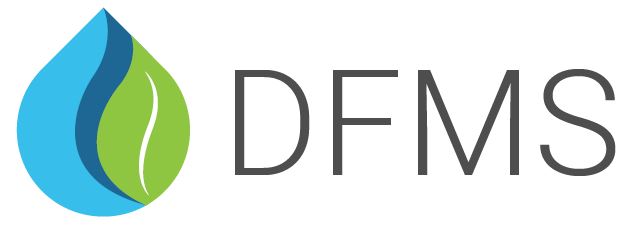Drought and Flood Mitigation Service Uganda
The DFMS Uganda project aims to improve climate modelling and its impact on agriculture through the development of an Environment Early Warning Platform (EWP).
The Met Office is working in partnership with a consortium of organisations on a project to develop a Drought and Flood Mitigation Service (DFMS) in Uganda. The project is funded by the UK Space Agency and led by the RHEA Group.

According to the United Nations’ Food and Agriculture Organization, the livelihoods of 80% of the Ugandan population are dependant on agriculture. Predicting potential droughts and responding to the effects of climate change are critical to the country, and the EWP will allow local farmers to take action throughout the growing season to maximise crop yields.
To support the delivery of this drought and flood mitigation service for the Karamoja region of Uganda, satellite and ground-based data will be combined with drought and flood models to form the EWP. Information will be distributed by national, local government and commercial operators to farmers and organisations such as Non-Government Organisations (NGO’s).
Working alongside the Uganda National Meteorological Authority (UNMA), the Met Office is leading the production of an improved range of forecasting information by developing a new suite of forecasts from daily to climatic timescales at enhanced resolutions. Combined with the latest earth observations data, these will be used to more accurately predict where and when floods and droughts in this semi-arid region could occur. A continual process of user feedback is being applied to help shape the ultimate design of this service which, it is hoped, will ultimately save lives and enhance livelihoods.
The project consortium consists of RHEA Group, Environment Systems, Pixalytics, Databasix, AA International, AgriTechTalk International, HR Wallingford, the Met Office, Mercy Corps, and Oxford Policy Management. The consortium will work with international partners including the Uganda Government Ministries, Kakira Sugar Company, and the NGO Green Dreams/iCOW.
More information on the project can be found on the RHEA Group website.
Read the blog post about the DFMS project from November 2017.


